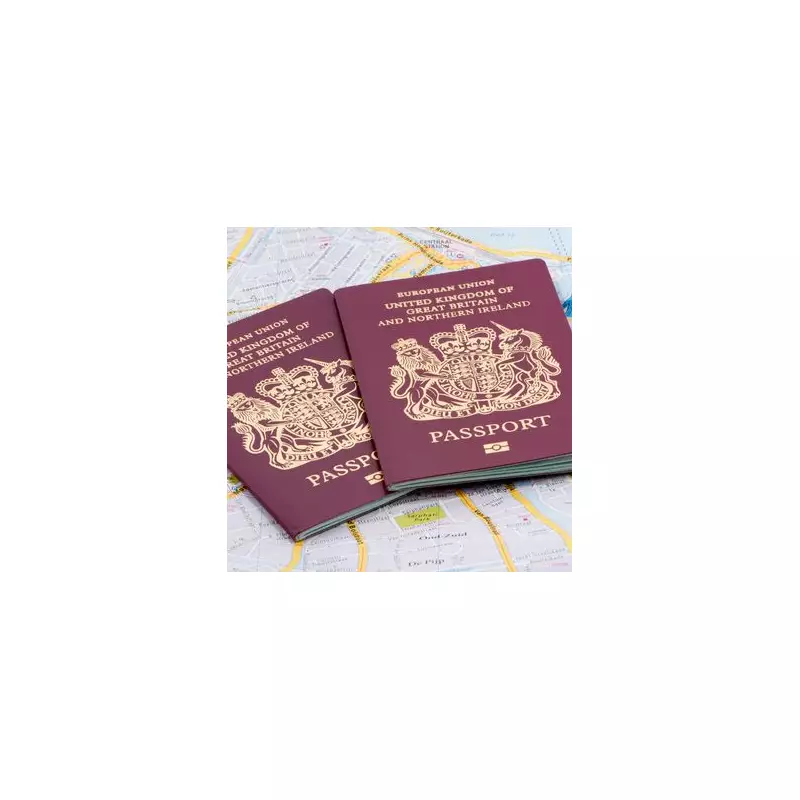
British travellers are facing a holiday nightmare scenario as new post-Brexit passport rules catch thousands unaware. Forget the old days of travelling until your passport's expiry date – the rules have dramatically changed, and ignorance could see you turned away at the airport.
The Hidden Trap in Your Passport
Many Brits don't realise that since Brexit, our burgundy passports need to meet stricter criteria for EU travel. It's not just about having a valid passport anymore – there are seven critical checks that could determine whether you board that plane to Spain, France, or Italy.
The Seven Golden Rules for Stress-Free Travel
- The Ten-Year Rule: Even if your passport says it's valid for ten years, EU countries won't accept passports issued more than a decade ago. Many Brits faced issues with passports issued before September 2018 that had extra months added to their validity.
- The Three-Month Validity Rule: Your passport must be valid for at least three months beyond your planned departure date from the EU. This catches many travellers off-guard during summer and Christmas holidays.
- The Issue Date Check: Some countries require your passport to be less than ten years old on the day you enter, regardless of the expiry date. Always check both dates carefully.
- The Blank Page Requirement: Ensure you have at least one completely blank page for entry stamps. Some destinations require two blank pages – don't get caught out.
- The Damage Assessment: Even minor damage to your passport's biometric chip or cover could see you refused boarding. Water damage, torn pages, or broken chips are red flags for border control.
- The Name Consistency Check: Your passport name must exactly match your booking details. Even small discrepancies between your passport and flight tickets could cause problems.
- The Child Passport Timeline: Children's passports have shorter validity and different rules. Always check the specific requirements for under-16s well in advance.
Why These Rules Matter More Than Ever
Since the UK left the European Union, British passports no longer benefit from EU freedom of movement rules. We're now treated as 'third country nationals,' subject to the same entry requirements as travellers from the United States or Australia.
The most common pitfall remains the 'ten-year rule confusion.' Many travellers assume their passport is valid until the expiry date printed inside, but EU countries calculate validity differently. This has led to heartbreaking scenes at airports where families have missed holidays and business travellers have missed important meetings.
Proactive Steps for Worry-Free Travel
- Check your passport at least three months before travelling
- Use the GOV.UK passport checker tool for your destination
- Consider applying for a new passport if yours is nearing nine years old
- Keep digital copies of your passport separate from the physical document
- Invest in a passport cover to prevent accidental damage
Don't let passport problems ruin your hard-earned holiday. A few simple checks now could save you from disappointment and financial loss later. Remember: when it comes to post-Brexit travel, it's better to be over-prepared than turned away.





